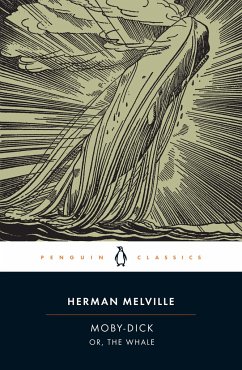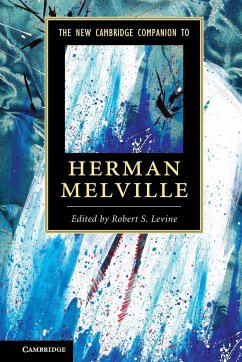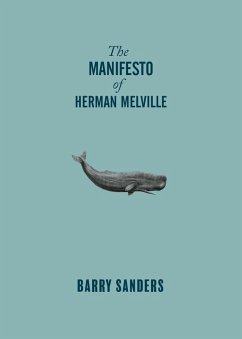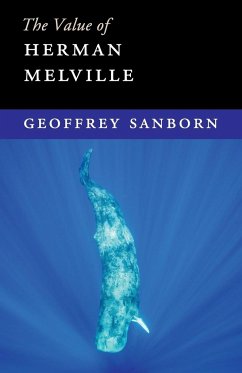
Sea Changes
Historicizing the Ocean
Herausgegeben: Klein, Bernhard; Mackenthun, Gesa
Versandkostenfrei!
Versandfertig in 6-10 Tagen
46,99 €
inkl. MwSt.
Weitere Ausgaben:

PAYBACK Punkte
23 °P sammeln!
The sea has been the site of radical changes in human lives and national histories. It has been an agent of colonial oppression but also of indigenous resistance, a site of loss, dispersal and enforced migration but also of new forms of solidarity and affective kinship. Sea Changes re-evaluates the view that history happens mainly on dry land and makes the case for a creative reinterpretation of the role of the sea: not merely as a passage from one country to the next, but a historical site deserving close study.














